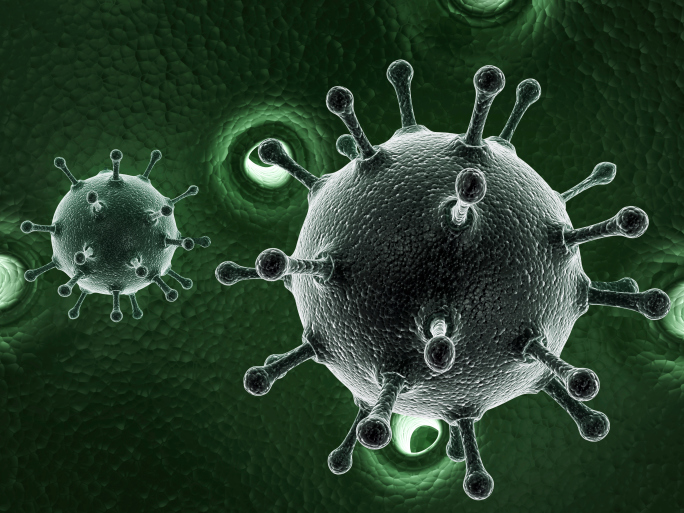Abstracts from the upcoming European Association for the Study of the Liver (EASL) conference have been published and analysts are doing their best to make sense of them. Gilead Sciences Inc. (NASDAQ: GILD) is a major biotech involved with the conference, and two analysts are calling heads and tails in terms of what the news means for the company.
Citigroup’s Yaron Werber had a Buy rating with a $120 price target, implying an upside of 19% from current prices. The reasoning behind this rating was that Gilead, according to this analyst, appears to be a safe bet now. The treatment of Sovaldi is seen by the Citi analyst as superior to Merck & Co. Inc.’s (NYSE: MRK) dual combo of grazoprevir and elbasvir.
At the same time, Gilead’s Harvoni looks better than Merk’s combo in hepatitis C (HCV) co-infected patients with its sustained virological response (SVR) after 12 weeks was 96% compared to Merck’s combo, which had an SVR of 94% after four weeks.
ALSO READ: 4 Fresh Biotech Stock Picks With Targets 50% to 100% Higher
Merrill Lynch focused on a different set of data than Citigroup and came to a different conclusion on the direction of Gilead. According to the Merrill Lynch report:
Key Gilead abstracts provided an early look at the pan-genotypic NS3/4A protease inhibitor (PI) GS-9857. Preclinical data suggest potent antiviral activity across all genotypes, including GT3 (Abstract P0899), and, in PI-naïve GT 1-4 patients, 100 mg GS-9857 once-daily for 3 days led to median HCV RNA reductions of -3.60 to -4.11 log10 IU/mL across all genotypes tested, supporting its use in a pan-genotypic regimen (P0901). Separately, as a follow-up to an earlier NIH/NIAID-sponsored trial showing 95-100% SVR12 rates with 6 weeks of Harvoni +GS-9451 (PI) or GS-9669 (non-nuc NS5B), the NIH/UMD SYNERGY study assessed an even shorter 4-week regimen in treatment-naïve patients with early fibrosis, and 6 weeks of Harvoni+GS-9451 in patients with advanced (F3-F4) fibrosis (P0875). At 4 weeks, the SVR12 rates were disappointingly low (20%-36%); in the advanced fibrosis cohort, 6 weeks led to ~55% SVR12 rates for both treatment-naïve and -experienced patients.
In simpler terms, the firm’s view was that shorter term duration regimens were not critical, as it does not believe payors will change a “price per cure,” considering pricing dynamics and the competitive landscape. As a result, Merrill Lynch had an Underperform rating with a $94 price target, implying downside of 6.7%. The firm also noted:
Recall that, at the last AASLD meeting, GILD’s earlier iteration of its pan-genotypic regimen Harvoni+GS-5816 failed to show competitive cure rates at 8 weeks. We believe the newer regimen will show competitive efficacy at 6 weeks, but not at 4 weeks, based on conservative management commentary, as well as the recent NIH/UMD SYNERGY results.
If the presentation of views here seems a bit confusing, it is because there are opposing views on what should be the same data. Citi evaluated the data with the conclusion that you should buy the stock. Merrill Lynch’s view is that you should sell or avoid Gilead.
ALSO READ: 4 Big Pharmaceutical Stocks to Buy for the Rest of 2015
Shares of Gilead were up nearly 2% midday Wednesday, at $100.73 in a 52-week trading range of $63.50 to $116.83. The stock has a consensus analyst price target of $119.08.
100 Million Americans Are Missing This Crucial Retirement Tool
The thought of burdening your family with a financial disaster is most Americans’ nightmare. However, recent studies show that over 100 million Americans still don’t have proper life insurance in the event they pass away.
Life insurance can bring peace of mind – ensuring your loved ones are safeguarded against unforeseen expenses and debts. With premiums often lower than expected and a variety of plans tailored to different life stages and health conditions, securing a policy is more accessible than ever.
A quick, no-obligation quote can provide valuable insight into what’s available and what might best suit your family’s needs. Life insurance is a simple step you can take today to help secure peace of mind for your loved ones tomorrow.
Click here to learn how to get a quote in just a few minutes.
Thank you for reading! Have some feedback for us?
Contact the 24/7 Wall St. editorial team.



